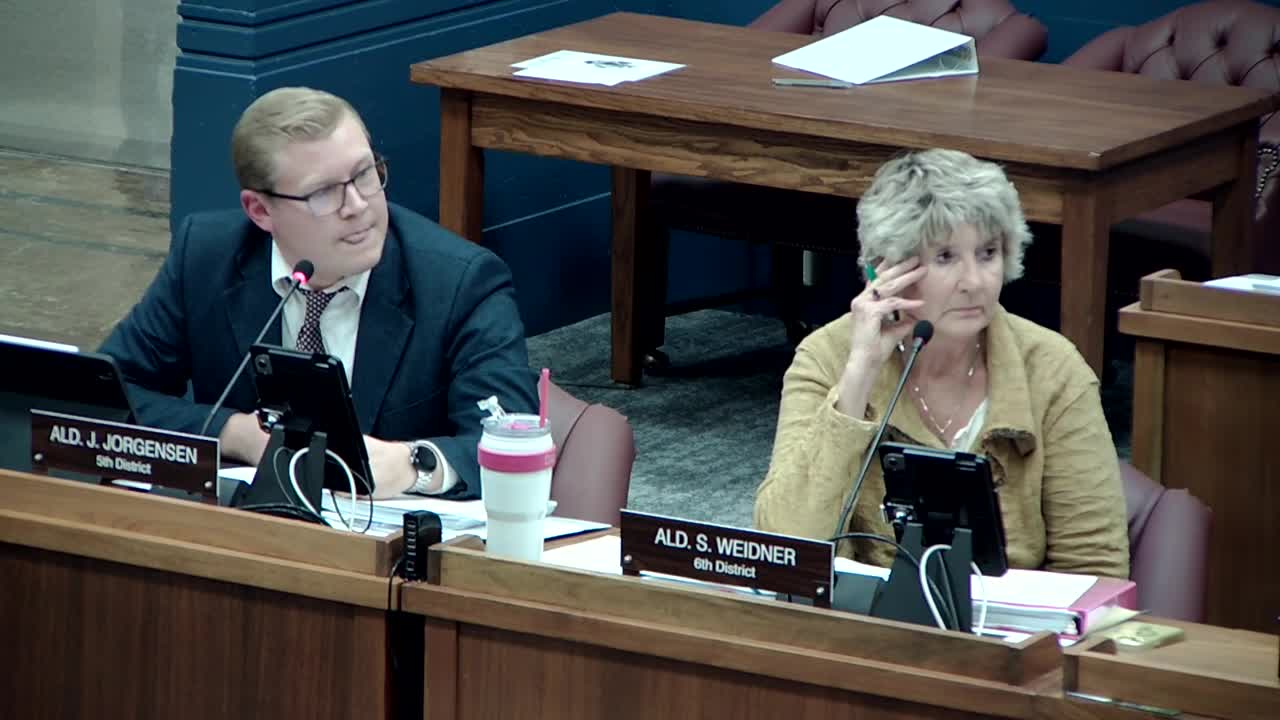Council Reviews Sweeping Property Maintenance Code Overhaul, Including Vacant-Building Registration

Summary
A proposed update to Racine—s property maintenance code would consolidate multiple housing- and nuisance-related provisions, adopt an international property maintenance code template, and require registration and upkeep standards for vacant buildings. Council members and staff discussed enforcement, inspection timing and fees.
A comprehensive rewrite of Racine—s property maintenance code was presented during the budget discussion on Oct. 30. The proposed ordinance (0022-25) would replace multiple existing provisions with a single new chapter modeled on the International Property Maintenance Code, add procedures for inspection and enforcement, and introduce a vacant-building registration and maintenance program.
Key provisions described by city staff would: require owners of vacant buildings to register properties with the city, pay a registration fee, authorize inspections, and meet defined maintenance standards; create inspection and reinspection fees; and consolidate existing rental and nuisance provisions into a single code chapter. Failure to register or to provide access to the city could result in municipal fines; the draft sets forfeiture amounts of up to $5,000 for some vacant-building violations.
City staff and aldermen discussed operational details, including current inspection capacity, timelines for property owners to come into compliance and how city staff would identify unregistered properties. City development staff said they maintain a state list of licensed adult family homes and a mailing-list-based registry; they said roughly 200 addresses in the county mail directory could be associated with residential-care settings but said additional reconciliation would be required to determine which properties are within Racine city limits and which operators have required state licensure.
Why it matters: Vacant and poorly maintained properties can drive nuisance calls, increase public-safety and public-health costs and depress neighborhood investment. A registration program creates a single point of contact and financial mechanism to manage properties that are abandoned or poorly maintained.
Next steps: The ordinance is lengthy and affects many property owners; several council members recommended additional public vetting and more time for committee hearings rather than finalizing the large, consolidated change as part of the budget vote. City development staff said routine inspection appointments can usually be scheduled within a week and that fees are intended to recover inspection and enforcement costs.
Sources: Meeting presentation and city development staff remarks on Oct. 30; ordinance briefing memorandum.

